Your Kids Will Need This List of Passwords When You’re Gone
When life takes an unexpected turn, the smallest digital details can cause the biggest headaches. Imagine loved ones being locked out of vital accounts at the very moment they need them most. Planning is smart, and it’s an act of care that keeps everything running smoothly when you’re not there to step in.
Bank Logins & PINs
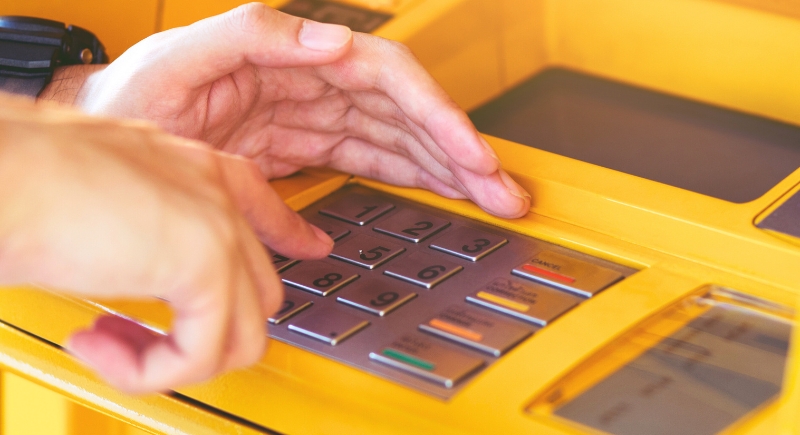
Credit: Canva
The thing about banks is they’re great at holding money but terrible at guessing passwords. Without account usernames, PINs, and two-factor details, your kids will face endless calls and mailed statements. Ensure that all information is labeled, accurate, and current; otherwise, fees and forgotten accounts may begin to accumulate.
Credit Card Online Access

Credit: Canva
Recurring payments, fraud alerts, and looming due dates don’t pause for family emergencies, and credit card companies aren’t famous for flexibility. Share logins, security answers, and which cards handle automatic payments. In its absence, late fees and frozen accounts show up fast. A neat, updated list can save hours of frustrating “please hold” music later.
Mortgage Account Details

Credit: Getty Images
Missing your mortgage details can turn an already stressful situation into a financial mess. The kids will need account numbers, logins, lender contact info, due dates, and payment frequency. Note if payments are automatic and update after refinancing. Minus this, late fees—or worse, foreclosure—can happen before anyone realizes a payment got skipped.
Insurance Policy Portals

Credit: Getty Images
When deadlines for claims or renewals sneak up, having the right logins matters. Include policy numbers, passwords, and insurer contacts for life, health, and auto coverage. Flag any auto-renewals or linked payments. Benefits can vanish, and premiums keep charging without access. One clean list beats digging through drawers for that policy folder.
Investment & Brokerage Logins

Credit: Canva
Unclaimed assets may land in state coffers if no one can access them. Keeping this organized means your kids can manage the portfolio without guessing which brokerage is holding that long-forgotten stock. Provide account numbers, passwords, advisor contacts, and dividend schedules for all investment accounts. Missing details can delay transfers and lose earnings.
Retirement Account Access
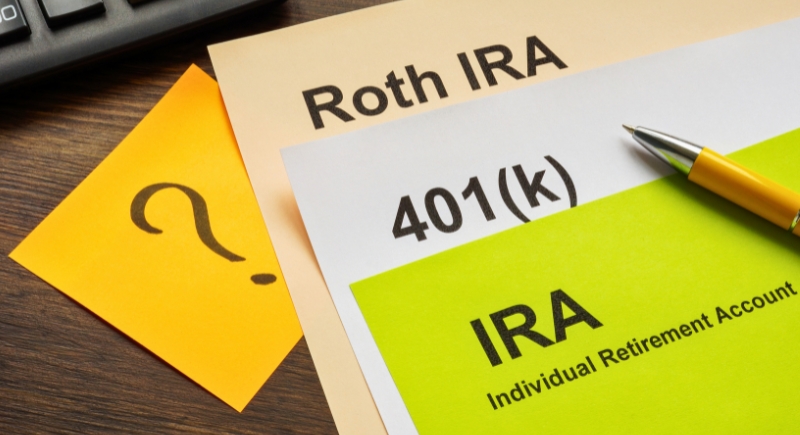
Credit: Getty Images
One organized record keeps your hard-earned retirement funds from getting tangled in red tape. A 401(k) or IRA won’t cash itself out, and minus logins or account numbers, withdrawals can be painfully slow. Add beneficiary requirements, tax details, and any mandatory distributions. This saves the kids months of back-and-forth with custodians and prevents penalties.
Email Account Passwords

Credit: pexels
Email is the key to resetting most other accounts. Without it, your kids may lose access to banking, utilities, and more. List logins, recovery emails, and two-factor methods. Label multiple accounts by purpose. Updating this regularly avoids expired passwords and ensures no one’s locked out when they urgently need those digital “master keys.”
Social Media Logins
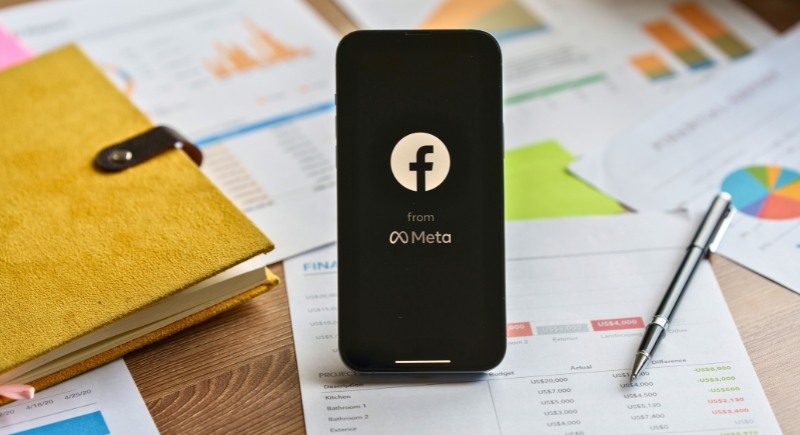
Credit: Canva
Old profiles left unattended can become hacker playgrounds. Give usernames, passwords, and two-factor details for each platform. State whether you want accounts deleted or memorialized. Without access, the family faces awkward reporting processes. This way, they can preserve memories or close things down without chasing unresponsive customer support.
Streaming Service Passwords

Credit: Canva
Provide logins, who’s on each plan, and whether billing is monthly or annual. Subscriptions keep charging long after the popcorn’s gone. Unused accounts can drain money for months due to a lack of this. A quick list lets them cancel or transfer services easily—and maybe enjoy your favorite playlists while sorting everything else.
Cloud Storage Access
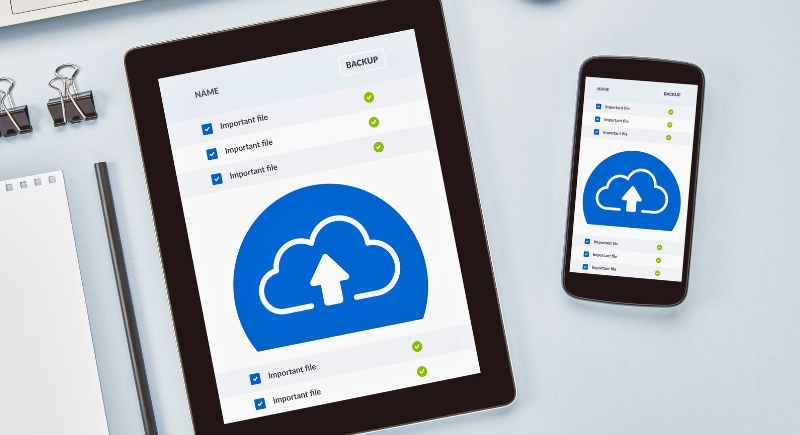
Credit: Getty Images
Losing access to online storage can erase years of documents and photos. With gains, they can secure everything before accounts expire or data is wiped. Share logins, recovery info, and notes on shared folders. If important files like financial statements or scanned legal papers are stored here, they’ll be found.
Utility Bill Accounts
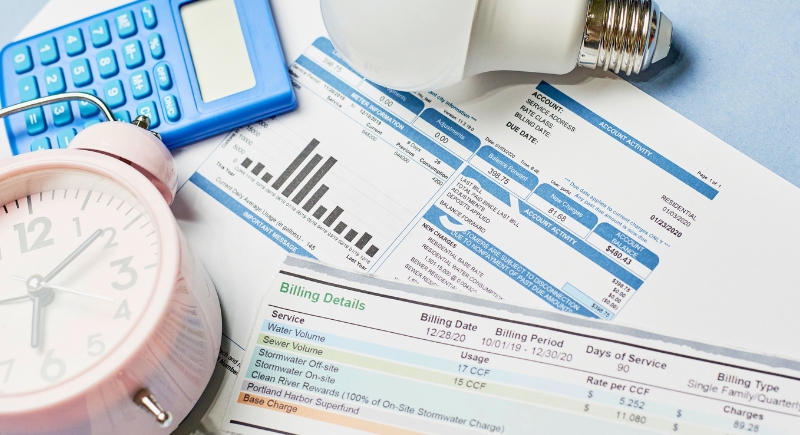
Credit: Canva
Missing this can mean late fees or early shutoffs. Some companies require proof for cancellations, so note the needed documents. Electricity, water, and internet—they keep charging even when no one’s home. Provide logins or account numbers, autopay details, and provider contacts. A clear record saves time and prevents unnecessary costs.
Property Tax Payment Portals
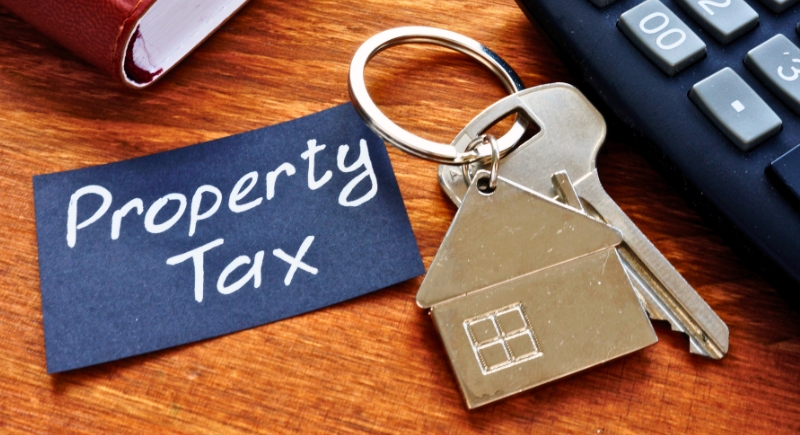
Credit: Getty Images
Property taxes run on strict deadlines, and penalties pile up fast. For multiple properties, include all addresses and any exemptions. Share logins, due dates, payment methods, and note if taxes are handled through escrow. It will prevent costly oversights and keep properties in good standing until they’re sold, transferred, or inherited.
Health Portal Logins
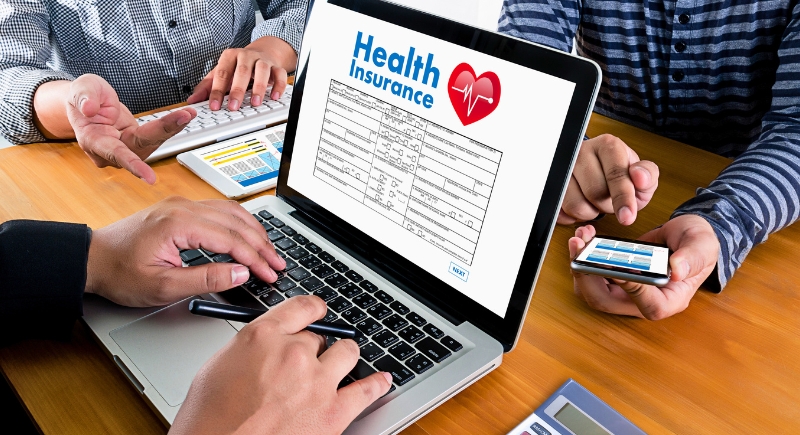
Credit: Getty Images
Medical portals store bills, prescriptions, and health histories. Having everything ready ensures your kids can manage ongoing care or resolve accounts without waiting on endless call center queues. Include usernames, passwords, and security answers for doctors, hospitals, and pharmacies. Bills can go unpaid, and important medical details may be lost without credentials.
Personal Devices
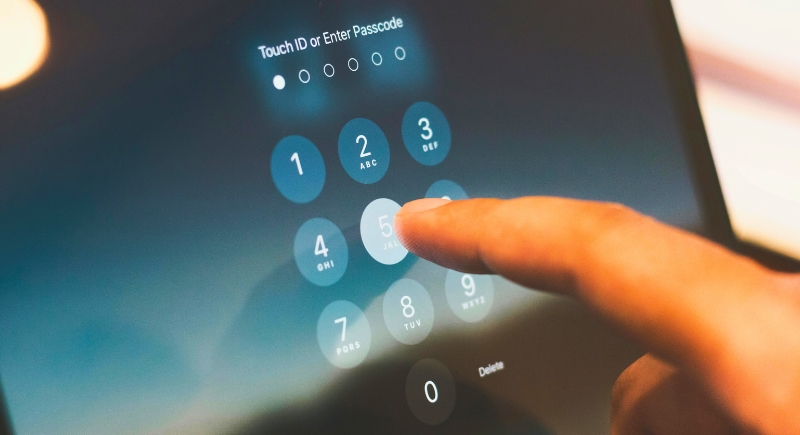
Credit: pexels
In the absence of device passcodes, even stored photos, contacts, and notes stay locked. Many accounts rely on phones for two-factor codes. PINs, patterns, or passwords, plus info on Face ID or fingerprint unlocks, should be provided. Losing access can force a full reset, wiping personal data that could’ve been saved with one small piece of information.
Safe Deposit Box Codes
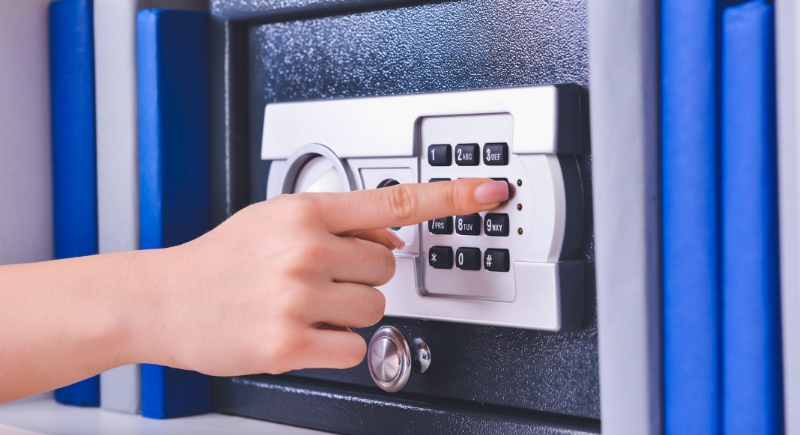
Credit: pixelshot
A safe deposit box isn’t much use if no one can open it. Note where the key is stored and any ID requirements. Avail the bank location, box number, and whether a key or code is needed. Missing details can delay access to wills, valuables, or legal papers for months.